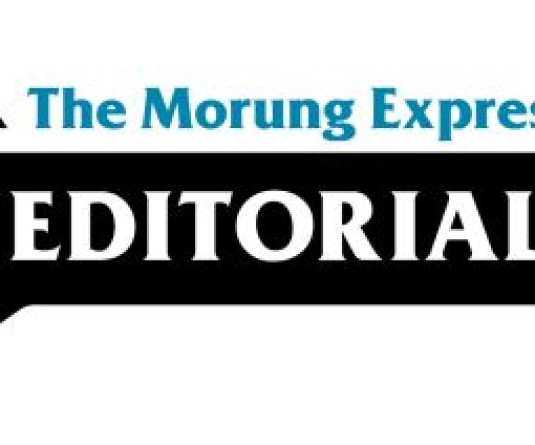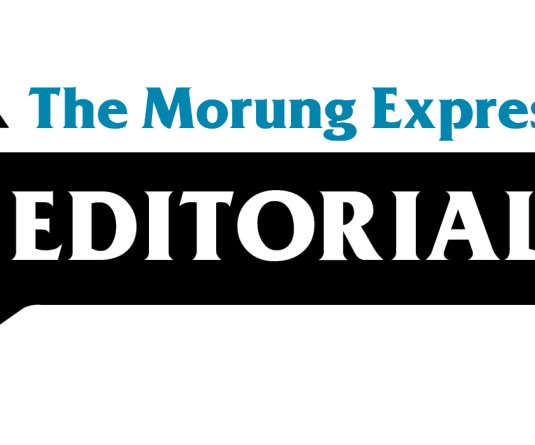
To move forward, we must first begin to understand where we came from and where we are today. In order to do so, we must reclaim our heritage, reclaim our stories, erase the myths that have distorted our identity and begin addressing our history in a way that embraces the richness of our cultures and one that will liberate us from the parochial systems that continues to suffocate us.
It is a fact that colonial policies have through a subtle interplay of assimilation and divide and rule stripped away our dignity and liberty. In the course of time statecraft too with great sophistication has been able to refine lies to an extent that we are now made to believe it is the truth. In other words, the refined lies have now acquired some form of truth. Therefore how do we peel away the lies that continue to suppress the truth? How do we distinguish the perceived truth and the real truth, when the lies have now become the perceived truth? These are difficult questions that will challenge the core of our being and in the process create rifts and differences within peoples; but a journey that nevertheless needs to be taken in the process of nation building and in the search for a justpeace.
As Sekon Taiaiake, an activist for dignity, unity, strength and indigenous rights from the Mohawk Nation would ask, “What would the future be like if we were serious about making change? What would we do if we were really serious about changing things and breaking from the colonial chains that have been placed around our neck and which we have become so fond of carrying around?” We Nagas too must ask ourselves whether we are serious about making change? Are we prepared to free ourselves from the colonial chains that have made us stop thinking? Are we willing to prove to ourselves and all others that we love our land and our rights more than the money, the wealth and the institutions that are showered upon us by those who continue to keep us in chains?
And so how do we address all these important questions that defines our existence unless we begin to put right our history in a meaningful way? How do we move forward unless we reclaim our history? The strength and relevance of history cannot be rendered irrelevant nor can we underestimate its significance in the theatre of struggle for peace.
Perhaps we can begin to address history in a meaningful way once we have the courage to recognize one another’s right and understand the meaning of our existence as peoples. As Bob Marley, the great singer and revolutionary would say, “In this Great Future, you cannot forget your past, so dry your tears, I’d say …”





